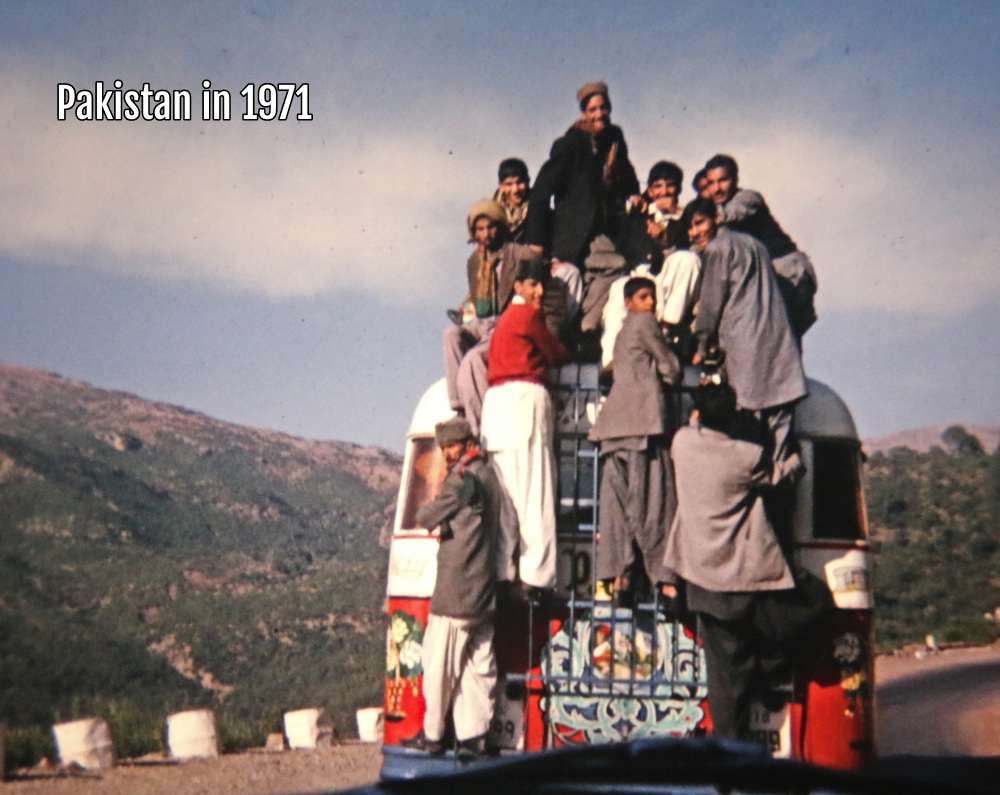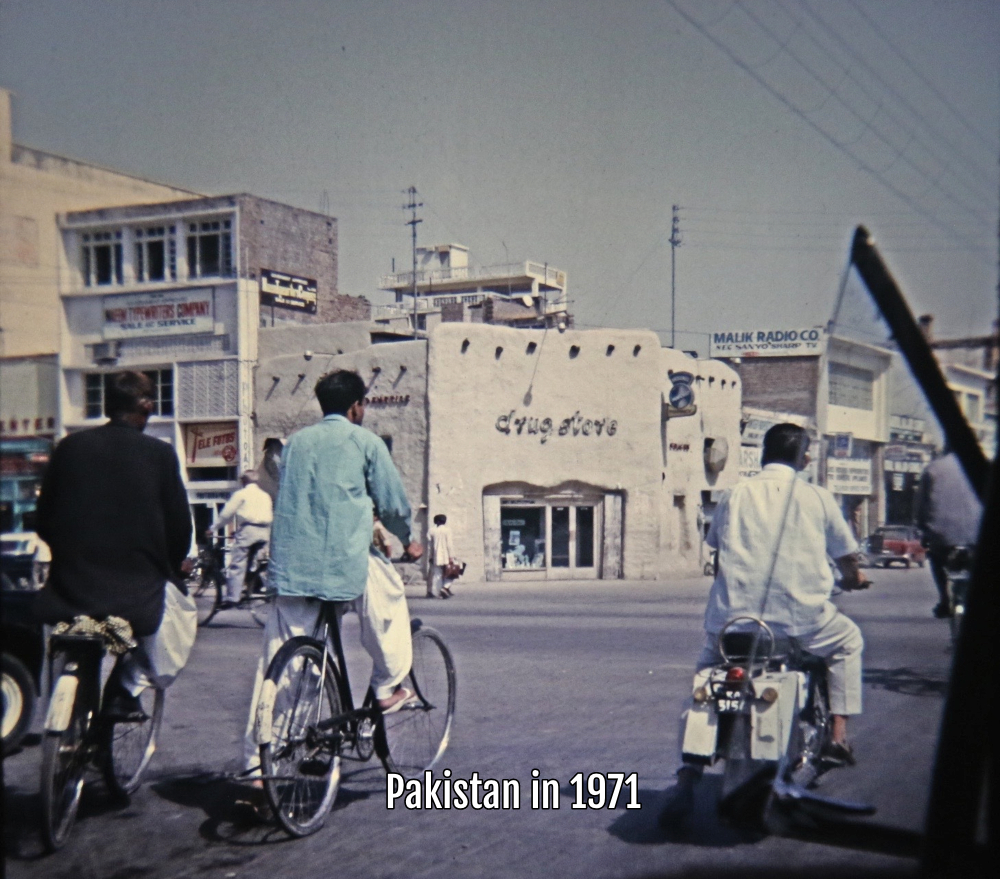
As mentioned in an earlier post, my parents and my big sister lived in Pakistan during 1970/71 and I used to travel out to visit them from UK during my school holidays. My big brother was studying at university in England at the time but he joined us on at least one of those holiday trips.
These were fun family times. Here are some of Mum and Dad’s photos of Pakistan fifty years ago.
Murree
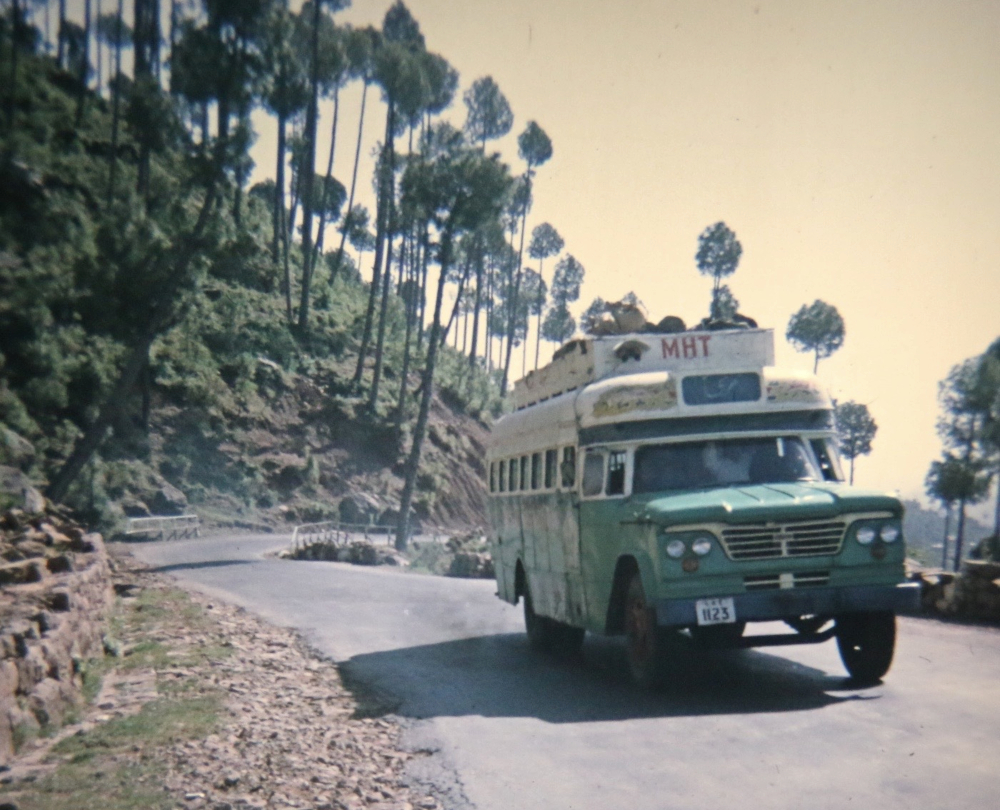
My Dad was working at the British High Commission in Islamabad. Whenever he had a day off he would drive us up into the hills to places like Murree, a hill station only 19 miles from Islamabad. Here, at an altitude of around 7,500 ft, the air was cooler (and snowy in winter), the air was fresh and scented with pine and we could see for miles.
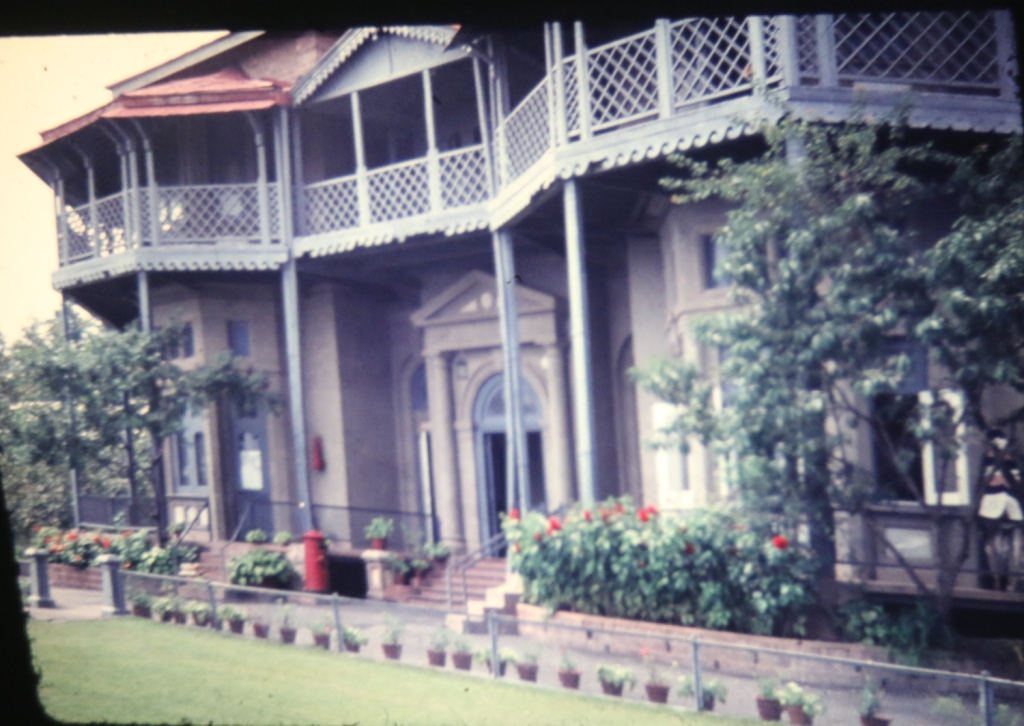
We sometimes had a lunch or afternoon tea at the Cecil Hotel, one of the oldest hotels in Pakistan dating from 1851. It was used for a while as an official residence for Lord Mountbatten, the last Viceroy of India.


The Holy Trinity Church on the Mall was built in 1857 and was the centre of colonial life in the town during the days of the Raj.
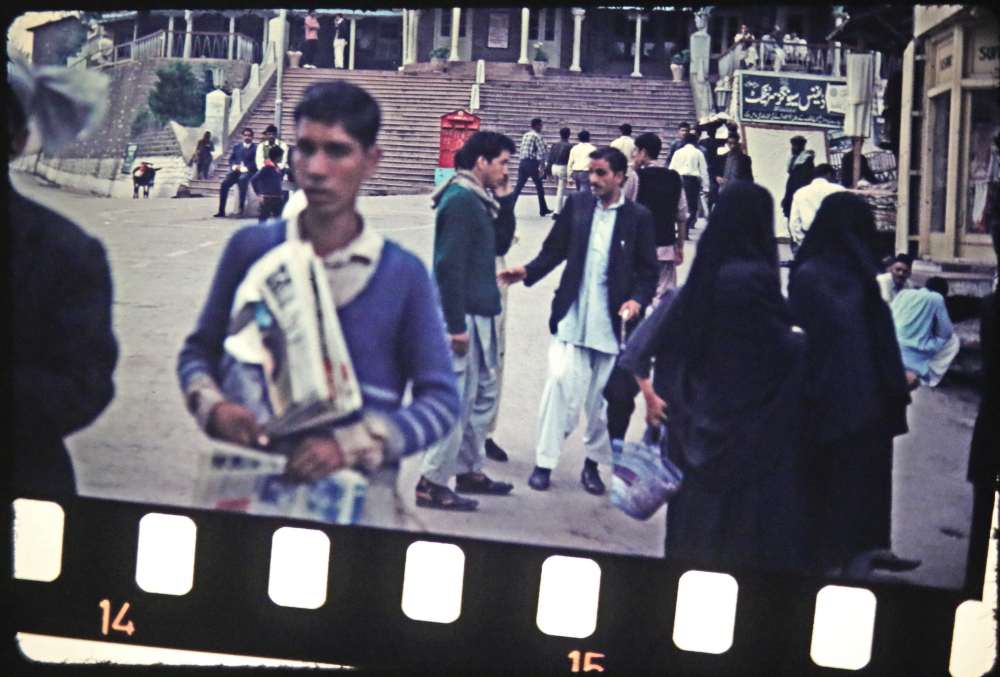
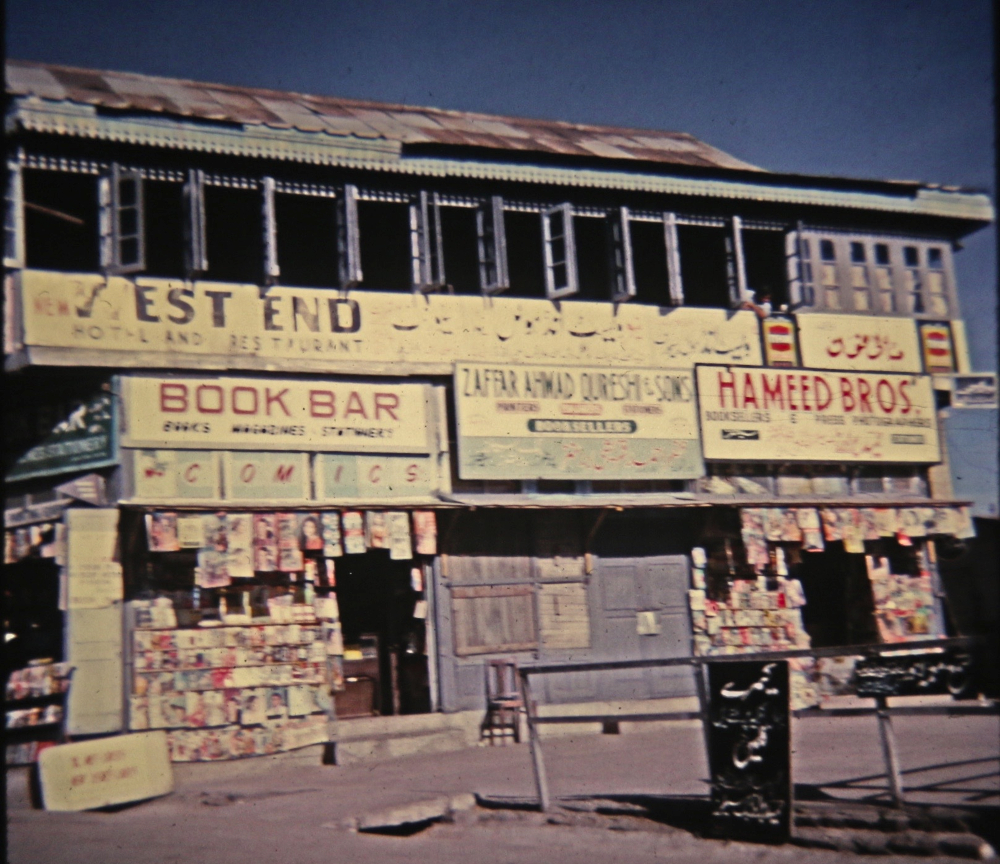

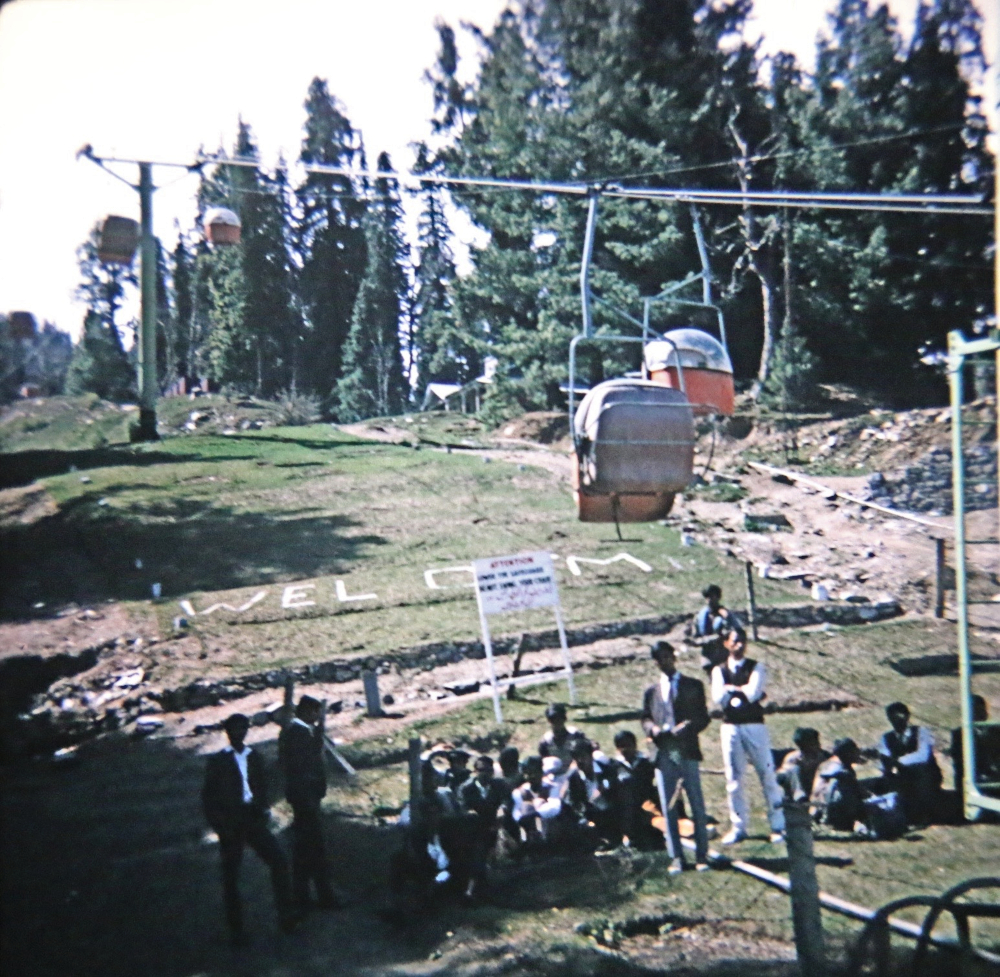
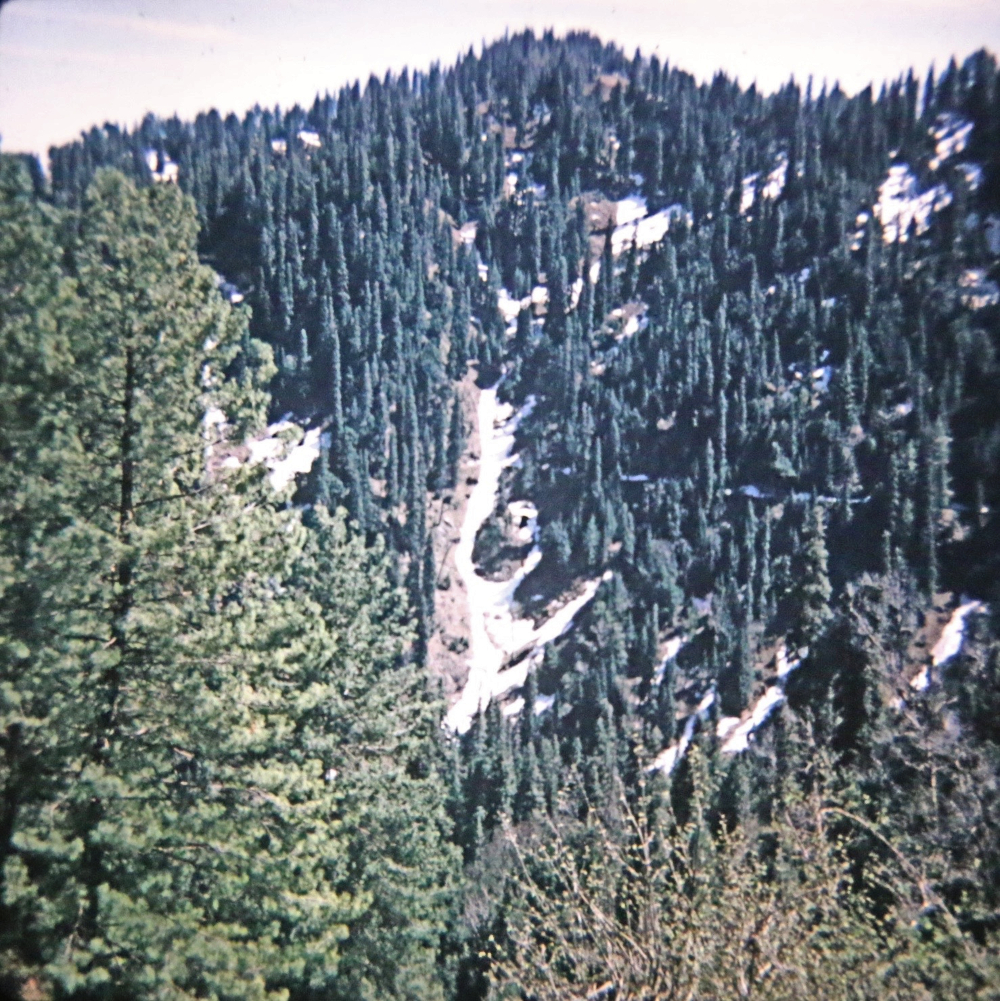
On one occasion Dad drove us as far as Abbottabad in the mountainous Hazara region of 75 miles north of Islamabad. This town was founded and named after Major James Abbott in 1853. It was here that Osama Bin Laden was found hiding in 2011.
Islamabad & Rawalpindi
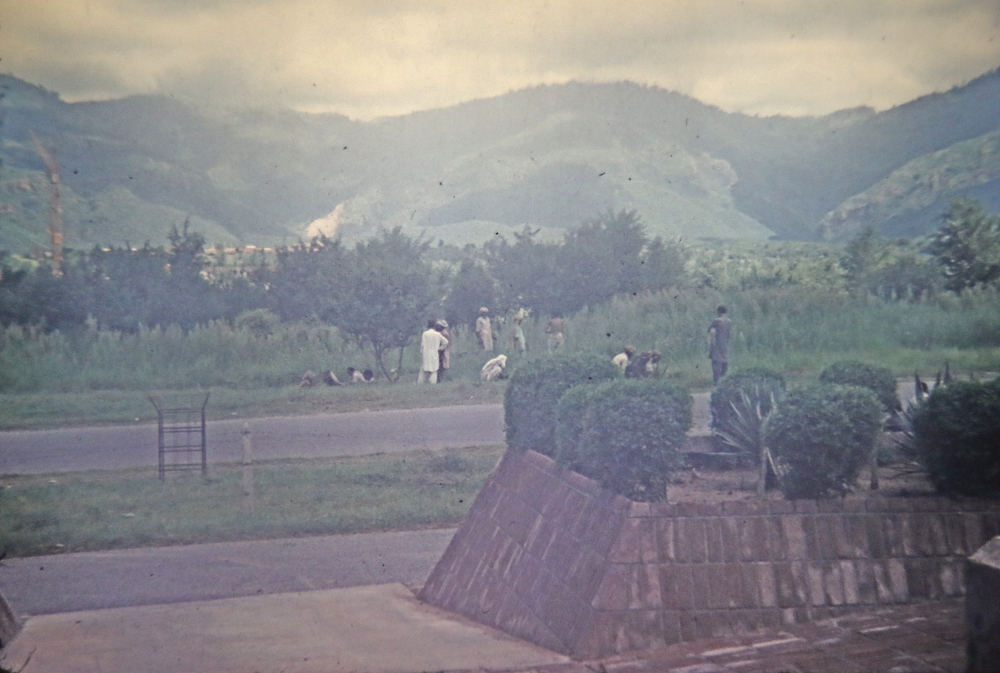
My parents’ house in the British High Commission compound in Islamabad looked out towards the Margalla Hills. The compound had a communal swimming pool, a tennis court and a clubhouse for High Commission employees.

My Mum never learnt to swim but she was happy enough to splash around in the shallow end. My sister was on what, today, we would call a gap year which mainly involved lying around the pool working on her tan. She enjoyed the club and found that she could order a steak and chips and Swan Lager and just sign for it on my Dad’s account.
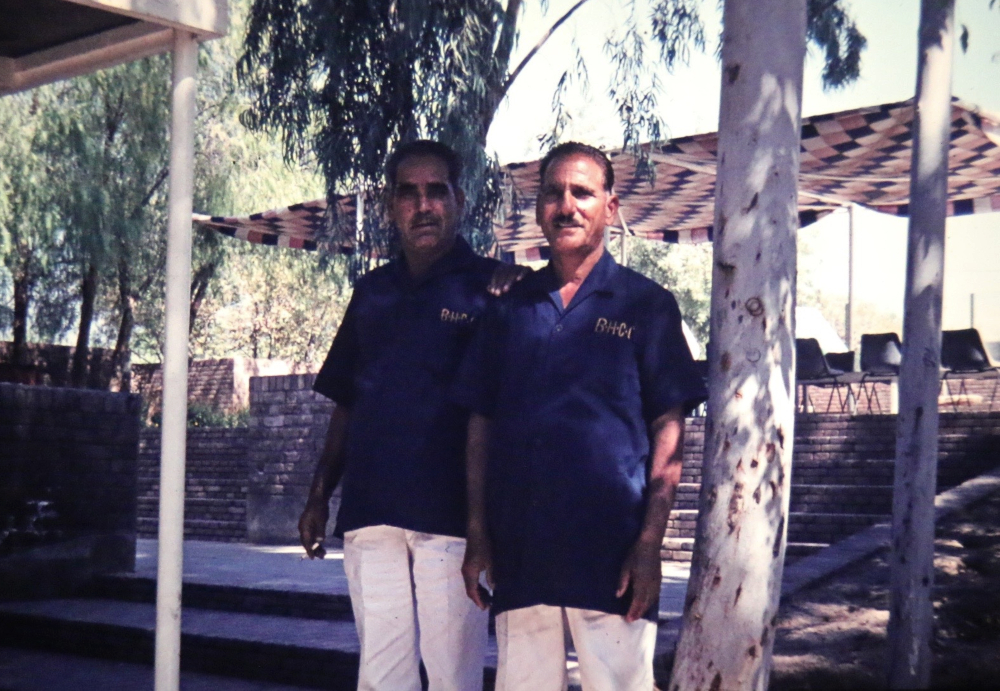
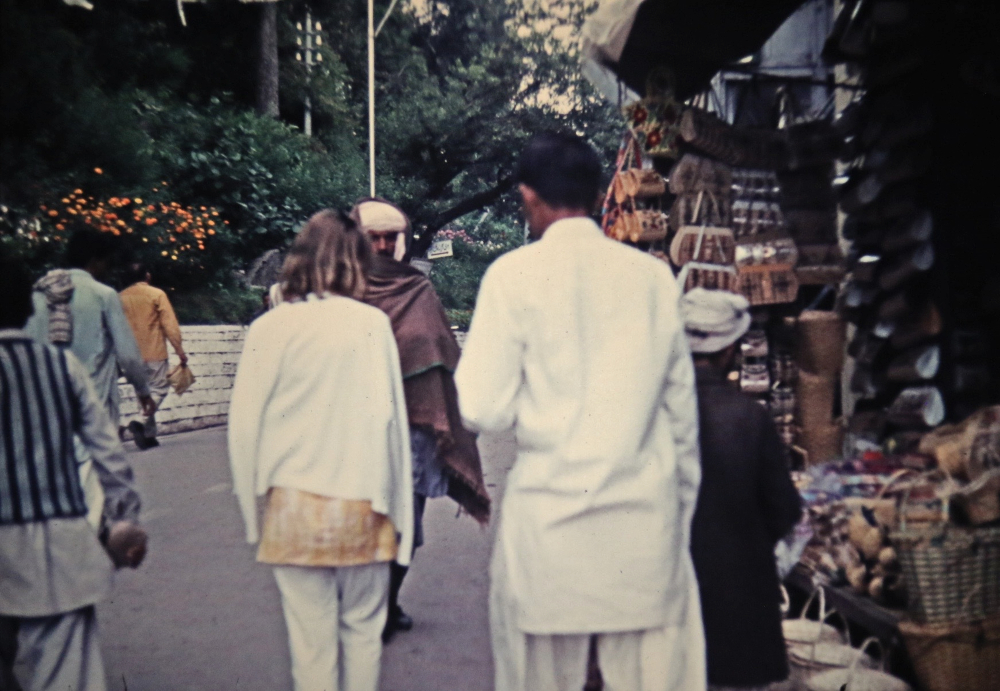
My sister was young and pretty and attracted a good deal of unwanted attention from gawking locals. To better blend in, she sometimes wore locally-made trouser suits instead of the short skirts which were in fashion in Europe at the time.

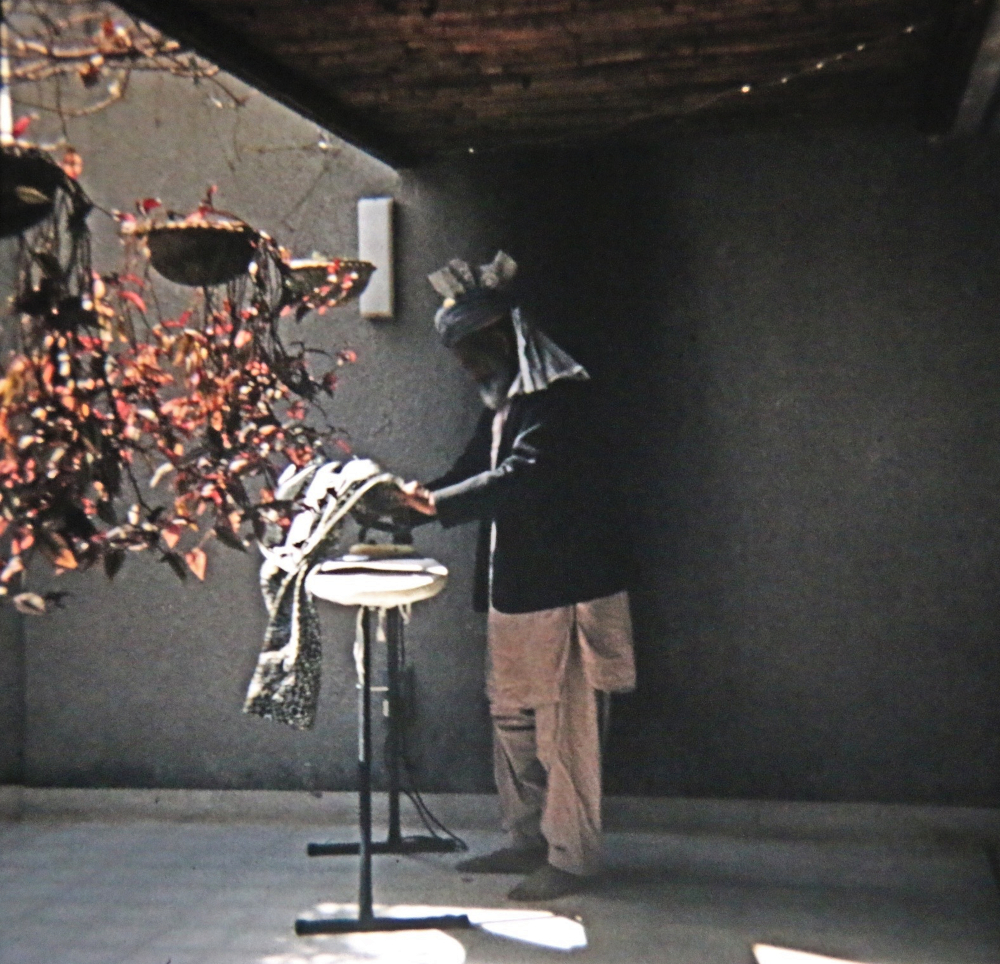
The durzi (tailor) would come to our house with his sewing machine and find a shady spot on the terrace and in a couple of hours he would make up whatever clothes my Mum and sister requested.
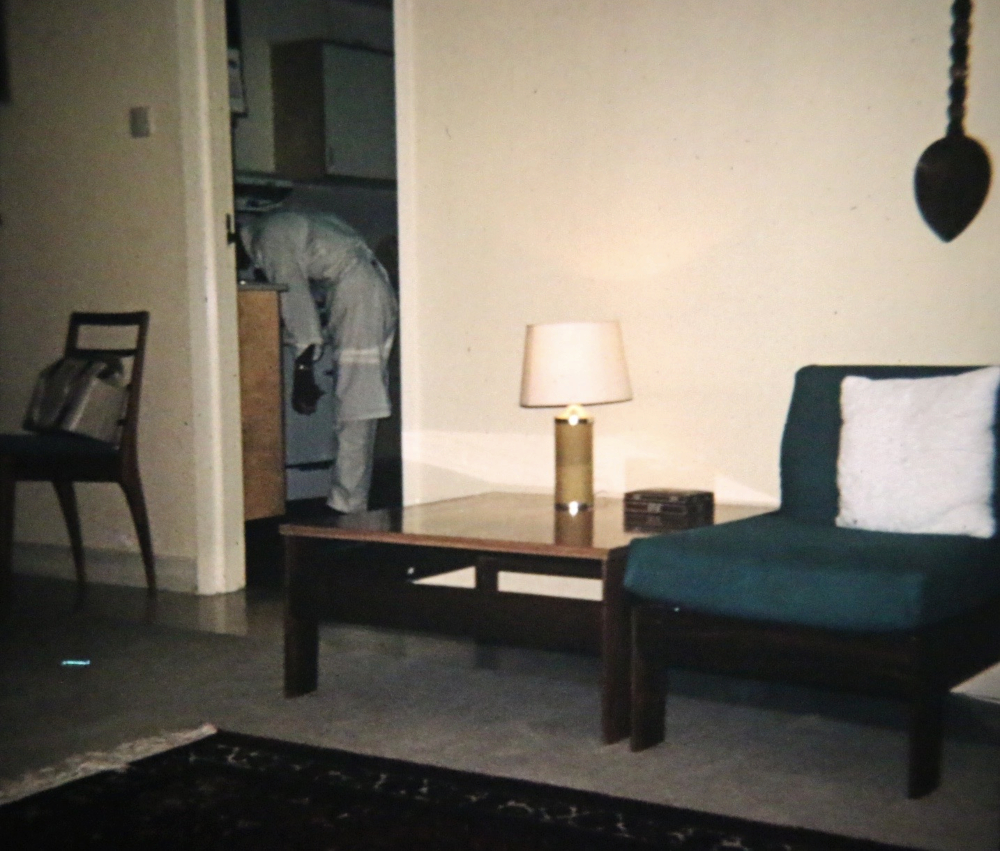
Mum was happy with the house which was modern and simply furnished by the British Ministry of Works. On arrival in Pakistan she was told that she should hire a cook but she had difficulty in finding a Pakistani cook who could live up to her exacting standards and they didn’t stay long. The record was Mohamed who was fired on his first day. Mum sent him to the market to buy a few things and he came back with some scraggy old mutton and tried to cheat her out of the change. She decided then not to bother with a cook. She was always a good cook anyway.
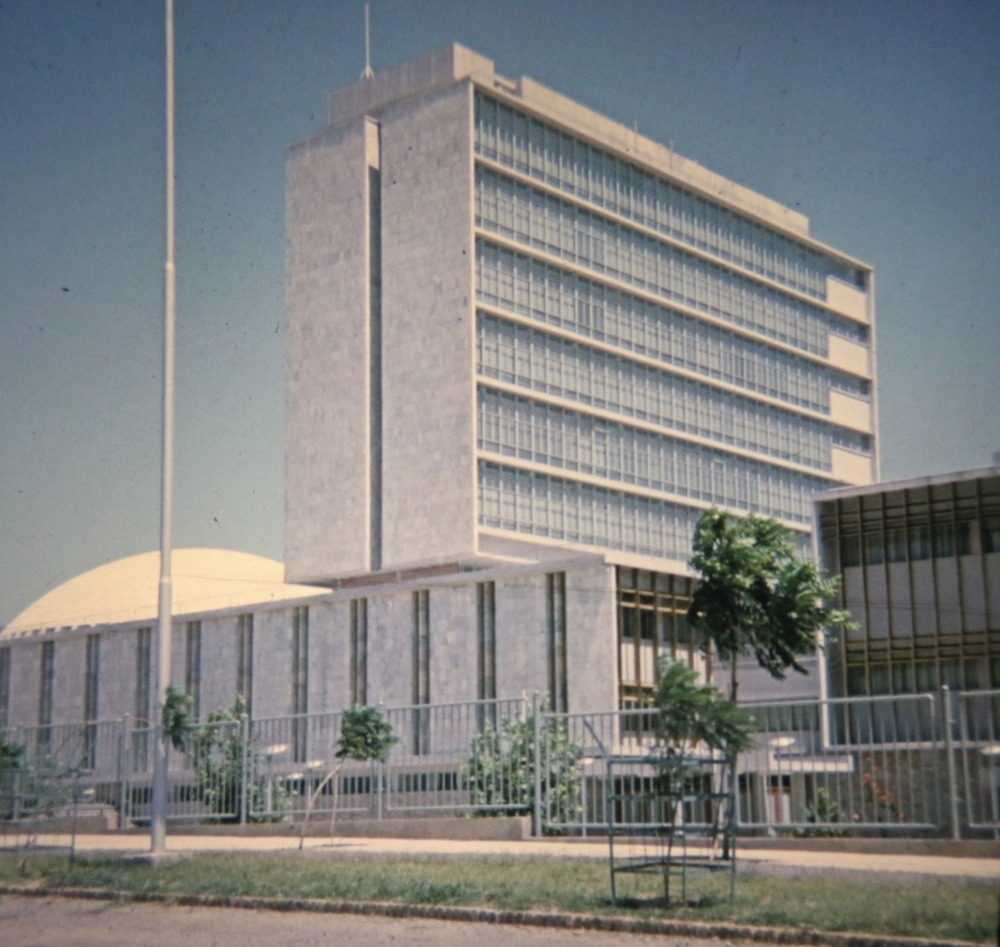
When Pakistan became independent in 1947 its capital was Karachi but in 1958 the Pakistani government started looking for a site for a new national capital. It selected a plateau below the Himalayan foothills near Rawalpindi and a Greek architect and town planner was chosen to design the master plan of a new city to be named Islamabad with spacious verdant avenues arranged on a grid pattern. Construction began in the 1960s and the British High Commission compound was still incomplete during my parents’ time.


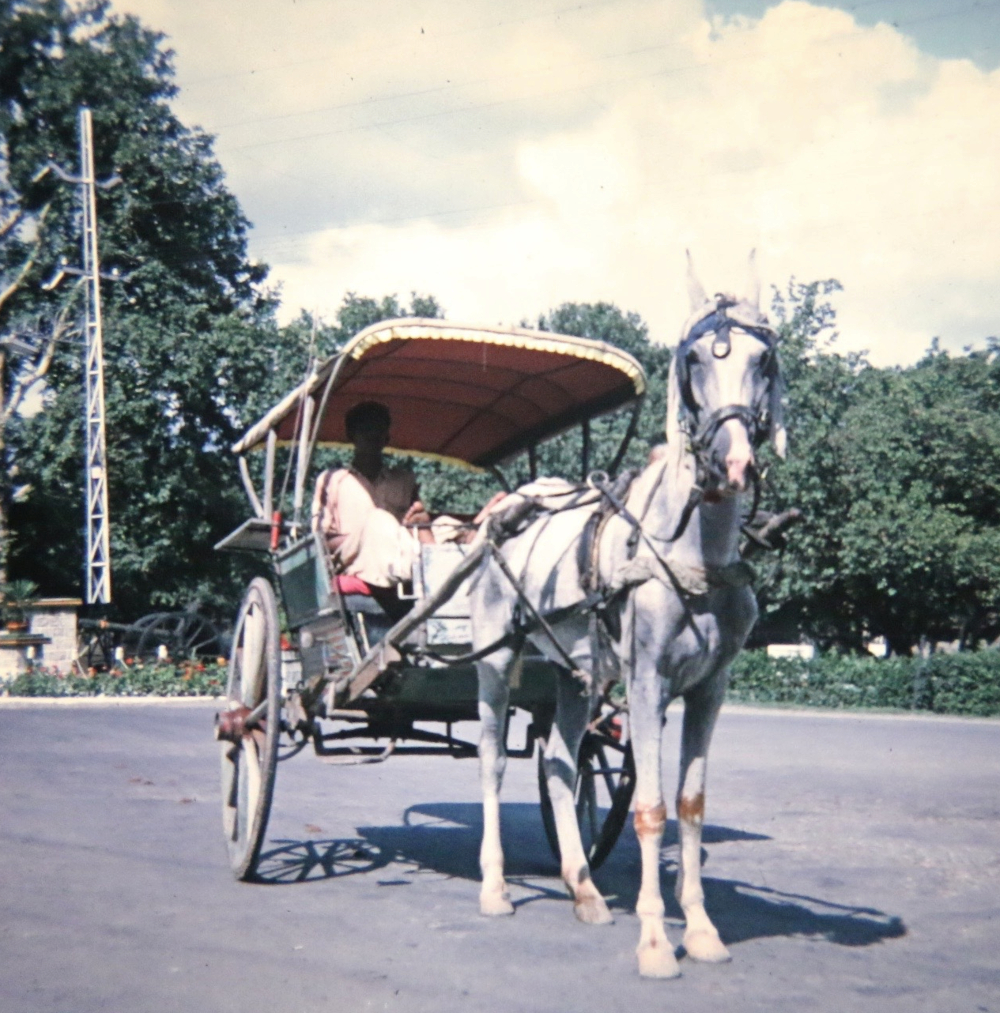
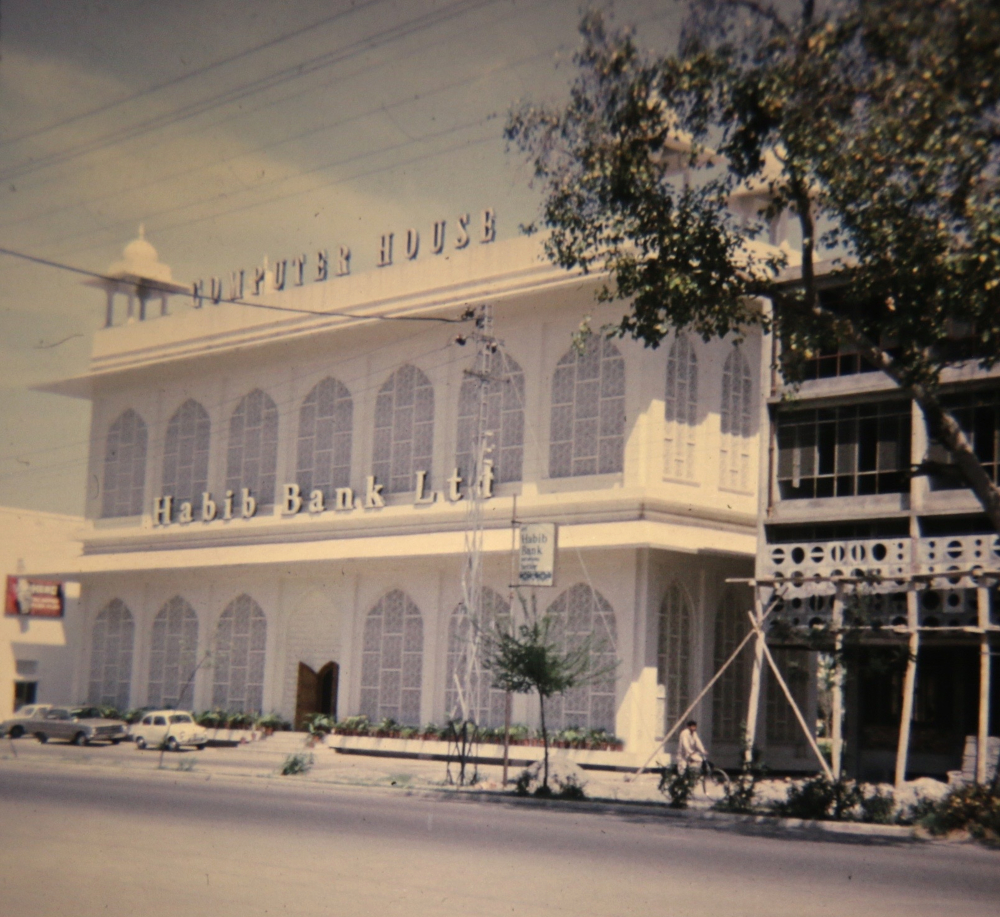
Habib Bank Computer House, probably in Rawalpindi. If the building housed Habib Bank’s computer centre it must have been quite advanced for its time. My Dad banked with Grindlays Bank in Rawalpindi.
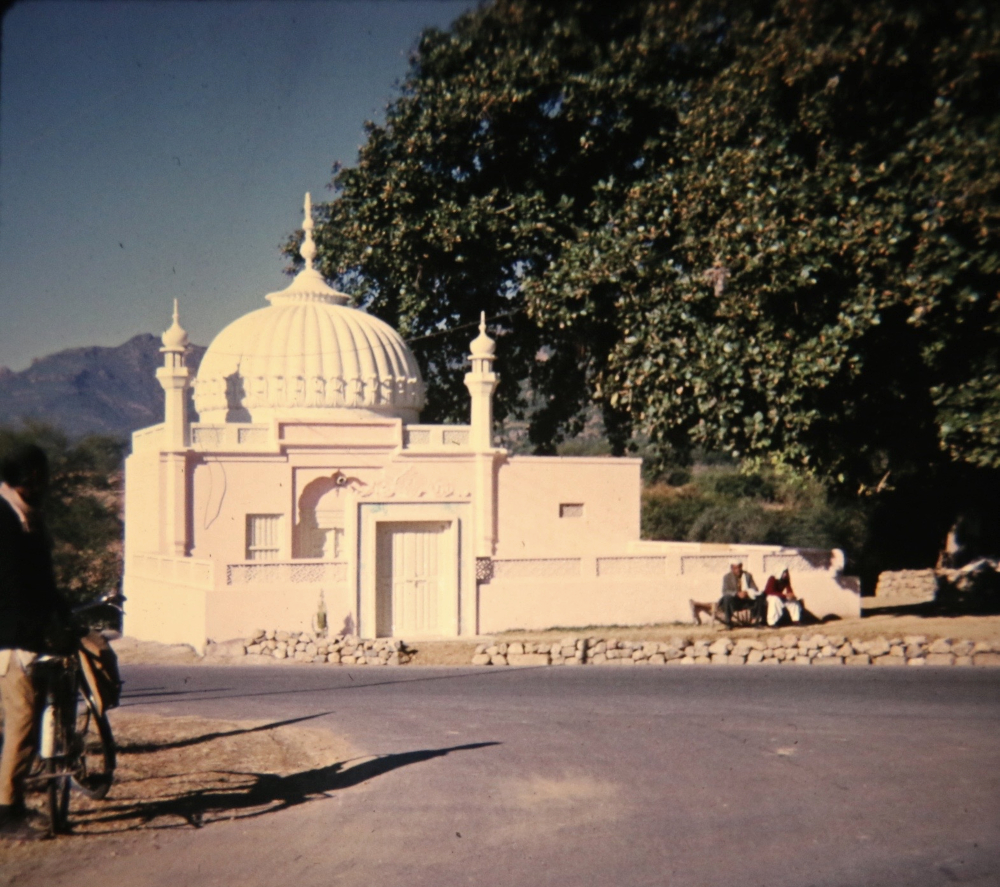

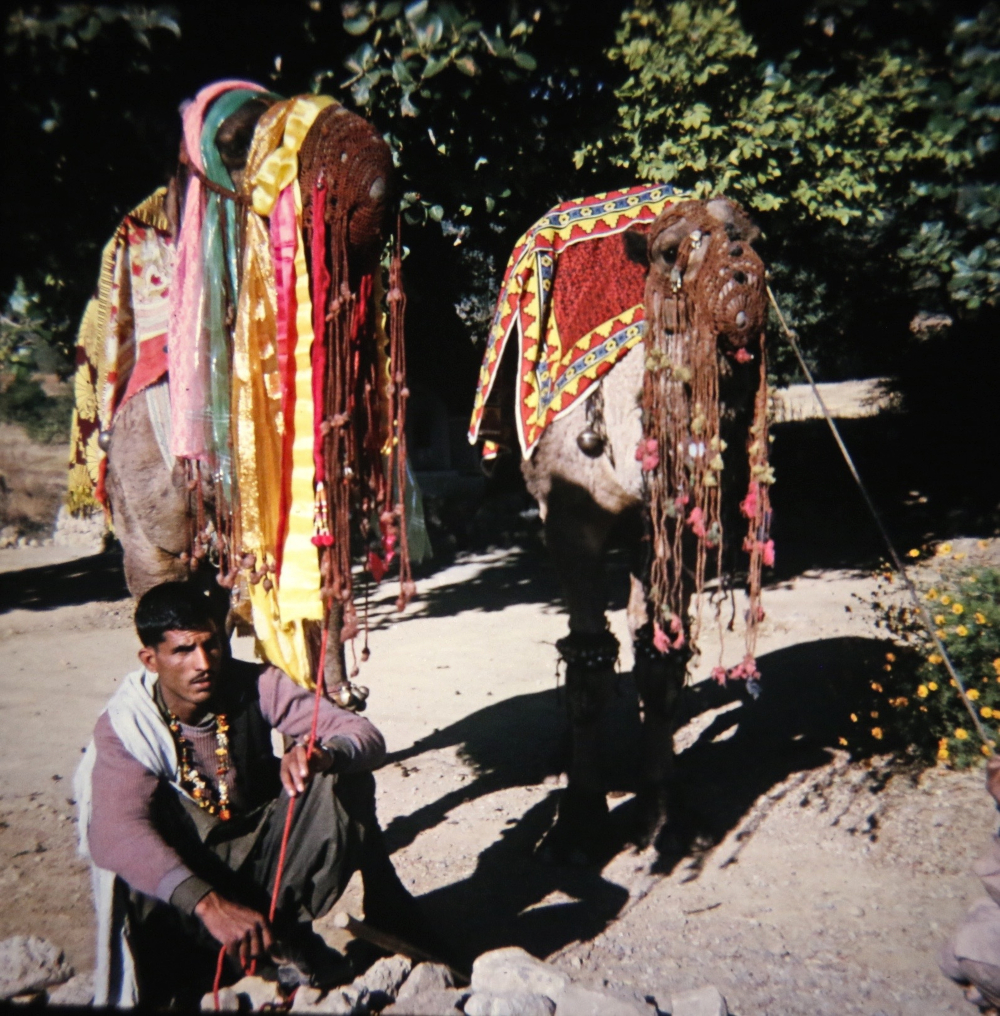

After writing this post I think I would like to go back to Islamabad, Rawalpindi and Murree to see how things have changed.
